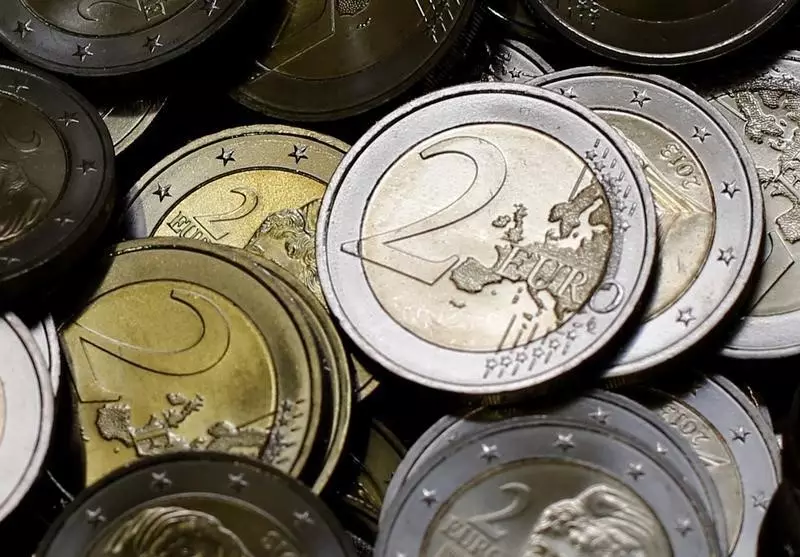After the first round of France’s parliamentary elections, Marine Le Pen’s far-right National Rally (RN) party emerged as the winner, albeit with a smaller margin than initially projected. This outcome led to a rise in the euro, which had been on a downward trend since President Emmanuel Macron called for the election. Analysts noted that the performance of the RN was slightly worse than expected, leading to optimism about fiscal policies and causing the euro to strengthen against the dollar. This shift in the euro-dollar exchange rate also affected market sentiments towards the greenback.
The euro’s rise against the dollar not only affected the US currency but also influenced other major currencies such as the sterling, Aussie, and New Zealand dollar. The dollar index dipped slightly, reflecting the impact of the election results on the global currency markets. Additionally, US inflation data from May contributed to expectations of a Federal Reserve interest rate cut later in the year, further influencing market dynamics.
On the other hand, the Japanese yen struggled to gain ground against a weakening dollar, following revised data that revealed a larger economic contraction than initially reported. This setback could lead to adjustments in the Bank of Japan’s growth forecasts and interest rate policies, putting further pressure on the yen. The yen’s declining value against the dollar highlights the ongoing challenges posed by interest rate differentials and potential interventions by Japanese authorities to stabilize the currency.
In Asia, the Chinese yuan also faced pressures from interest rate differentials with the US dollar, leading to a slight increase in its value in the offshore market. China’s manufacturing and services activities showed signs of weakness, prompting concerns about the country’s economic growth and the need for additional stimulus measures. These challenges in the Chinese economy contributed to the yuan’s volatility and falling government bond yields, reflecting the broader impact of political and economic events on currency markets.
Political events such as elections and economic data releases have significant effects on global currency markets. The outcomes of these events can lead to fluctuations in exchange rates, influencing investor sentiments and central bank policies. Understanding the relationship between political developments and currency movements is essential for navigating the complexities of the financial markets and making informed trading decisions. As demonstrated by the recent events in France and Asia, the interplay between politics and currencies remains a key factor shaping the dynamics of the global economy.

